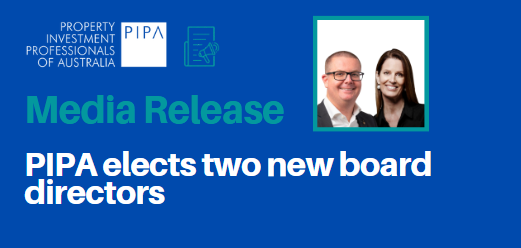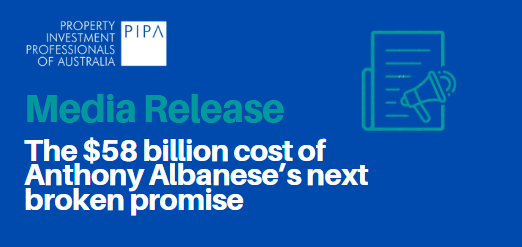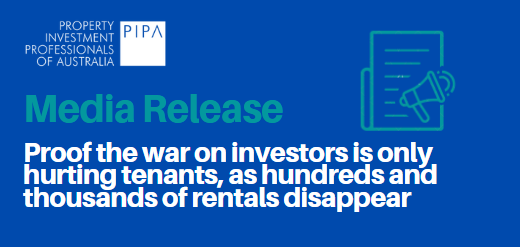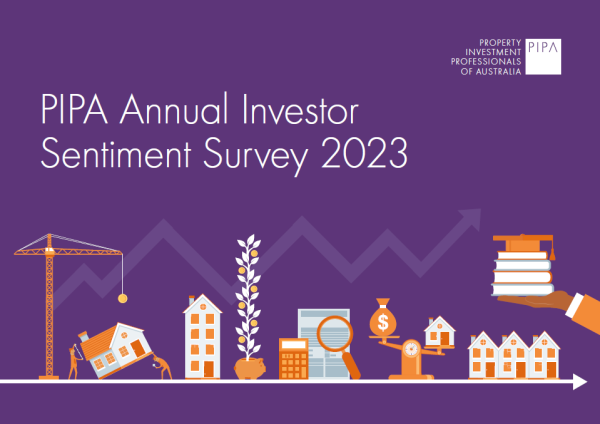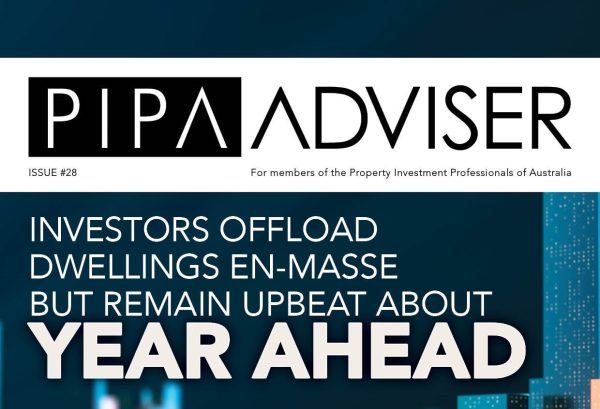Senate rental inquiry waste of taxpayers’ money
Jan 2024Karen Millers
Categories
Location ReportsMedia releasesNational market updatesPersonal advisersPIPA AdviserPIPA Annual Investor Sentiment SurveysPIPA Member ProfilesPIPA video updatesPIPA webinarsPodcastsProperty advisersProperty newsLatest Articles
Rent rises ease but crisis’ link to population density found to be tenuous
Jordan van den Berg: The ‘Robin Hood’ TikToker taking on Australian landlords
Victorian property investors face yet another new property tax as council tests levy
Rentvesting in Australia: A deep dive
‘More chance of winning lotto’ than housing targets being met
The final report from the Senate Inquiry into the worsening rental crisis in Australia produced no collective recommendations whatsoever and was a waste of taxpayers’ money, according to the Property Investment Professionals of Australia (PIPA).
The inquiry’s final report — quietly released in early December — included a recommendation from the chair for a two-year retrospective rental freeze as well as a limit on rental increases of two per cent every two years. But PIPA Chair Nicola McDougall said the misguided chair recommendation appeared to be copied directly from The Greens’ playbook — even though it does not have the support of the National Cabinet or even the Coalition or Labor Senators involved in the inquiry.
“The inquiry was not only a waste of taxpayers’ money but was a huge waste of time and resources for the hundreds of individuals and organisations, such as PIPA, who produced submissions or spoke at the four public hearings,” Ms McDougall said.
“Outcomes from the National Cabinet in August last year indicated that the cabinet supporteda move towards a national standard of no more than one rent increase per year for a tenant in the same property across fixed and ongoing agreements.
“That is a significantly different viewpoint than the inquiry chair, from the Australian Greens, recommendation to freeze rents for two years as well as capping rents at two per cent every two years.”
Ms McDougall said expert research has consistently shown that rent freezes produce negative consequences for tenants via the reduction in rental supply as investors exited markets.
“Yet, after hundreds of submissions, including from PIPA, the inquiry chair still clearly thought it was good idea to suggest rental freezes, possibly because the inquiry spent most of the time talking to tenants and not to the people who provide the majority of rental accommodation in this nation,” she said.
Ms McDougall said while some may argue that fewer property investors provide more opportunity for prospective homebuyers, the significant reduction in investor activity over the past eight years — as well as strong investor sales over the past three years in particular — had exacerbated the current rental crisis.
PIPA analysis of ATO data shows that the net average annual number of people with rental property incomes has fallen a staggering 55 per cent in five years across the nation.
The analysis of the ATO’s Individual Taxation Statistics for 2020-21 found that the average increase in net individual investors every year in the five years to 2015/2016 was about 66,000 nationally, but in the five years to 2020/21 this figure had fallen more than 50 per cent to only 29,600 – including a negative result in 2019/20 when net investor numbers actually fell by 333.
“PIPA has been warning for nearly a decade about the negative impacts of market intervention on rental markets, starting with the APRA lending restrictions that came into effect in 2015,” Ms McDougall said.
“Now, we have a variety of potential anti-investor rental and taxation reforms, as well as continued threats of rent freezes, such as this one, at a time when investors are grappling with significantly higher interest rates on their property loans.
“The ATO stats don’t lie, investors have already deserted markets around the nation – and especially in Victoria and Queensland – because they feel like they no longer have control of their assets.”
According to the 2023 PIPA Annual Investor Sentiment Survey, a staggering 12.1 per cent of investors sold one or more of their rental properties around the nation in the 12 months to August last year.
At a statewide level, 39.8 per cent of investors sold one or more properties in Queensland over the period, while 31.35 per cent sold in Victoria – dwarfing the results in all other jurisdictions, according to the 2023 survey.
“Unfortunately, in another sign of more pressure to come for tenants, the survey found 38 per cent of investors feel it’s likely they will sell within the next year for myriad reasons, a staggering increase from the 19.2 per cent in the 2022 annual survey,” Ms McDougall said.
ENDS
For more information or to organise an interview please contact:
Bricks & Mortar Media – media@bricksandmortarmedia.com.au
About PIPA
Property Investment Professionals of Australia (PIPA) is a not-for-profit association established by industry practitioners with the objective of representing and raising the professional standards of all operators involved within property investment. For more information visit www.pipa.asn.au
